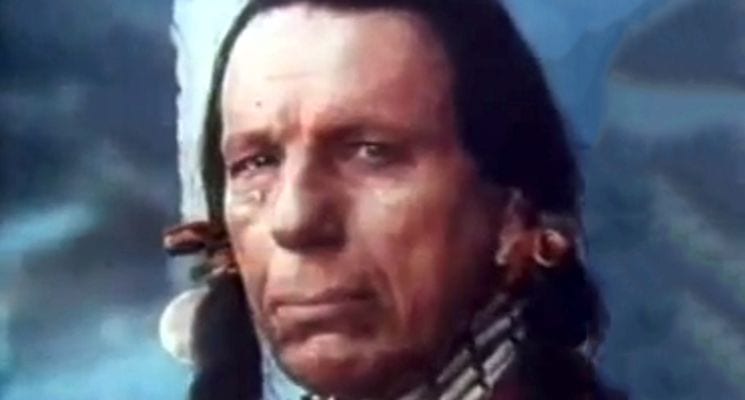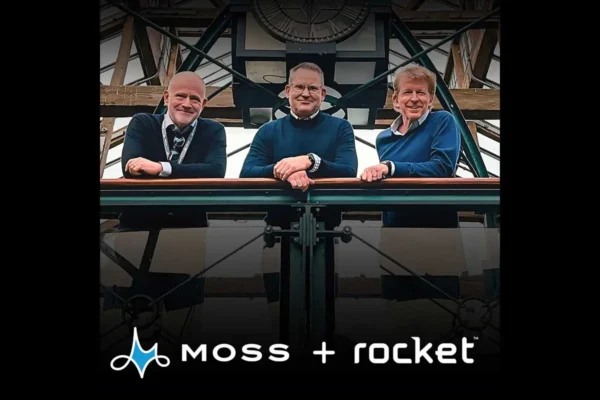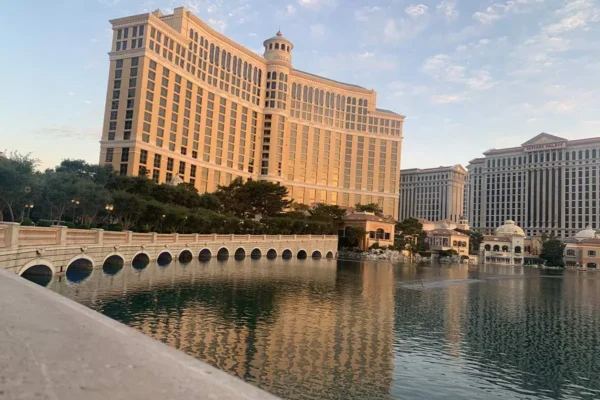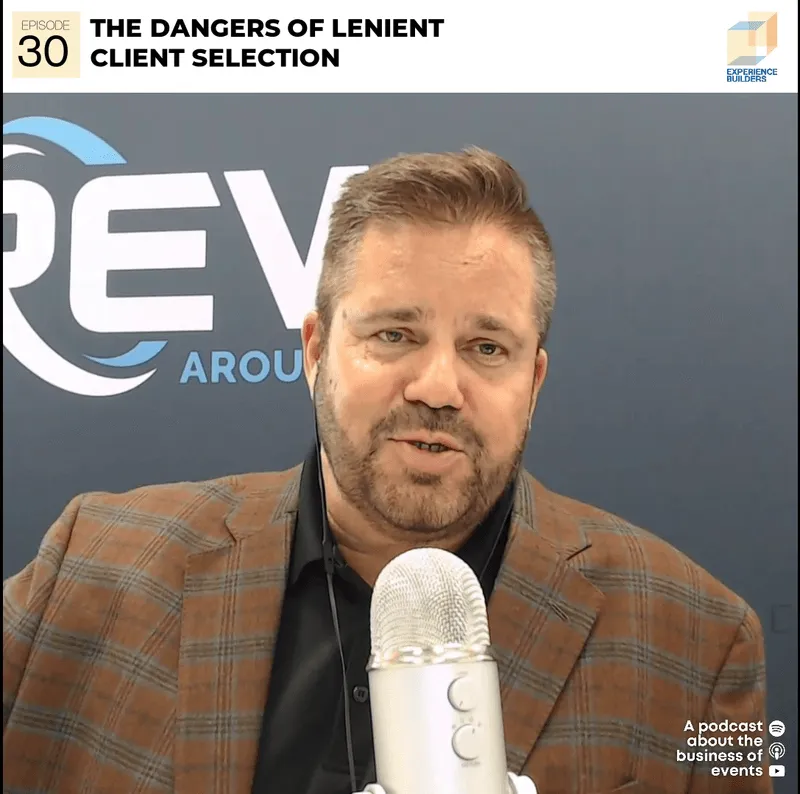I was a kid in the 1970s, and I remember watching the Keep America Beautiful ads on television featuring Iron Eyes Cody, the “Crying Indian.” (Millennials – refer to YouTube.) He cried silently while observing a landscape of fouled waterways and ominous, carcinogen-belching factories. He solemnly reminded us that “pollution hurts all of us.”
In this new millennium, we’ve moved beyond worries about litter and smog to crises of more apocalyptic proportions. The National Academy of Sciences recently released an opinion that Earth is facing its sixth mass extinction, and this one has been induced not by natural forces, but by deforestation, overpopulation and man-made global warming. The study reports that nearly 50 percent of all species that once lived on Earth have disappeared.
The forests are becoming eerily silent.
In July, 2017, a giant iceberg “calved” from the Larsen C ice shelf in Antarctica. The berg is twice the size of Luxembourg and rendered the Larsen C shelf 10 percent smaller than it was before. Experts offer differing opinions about the significance of this event, but it doesn’t take a rocket scientist to see this is evidence of a worldwide warming trend.
Ever hear of “Doomsday”? It’s the nickname for Norway’s Svalbard seed vault, an agricultural repository designed to preserve food sources against a global catastrophe. Last winter brought a series of days 60 to 70 degrees warmer than normal, melting the permafrost encasing the seed bank. The site has been secured — for now. Perhaps Doomsday is closer than we think.
Let’s bring things a little closer to home. With global drought, forest fires are on the rise. In 2010, the Amazon rain forest suffered its second 100-year drought. The Amazon provides 20 percent of the world’s oxygen. A rain forest-devouring fire would not only devastate one of our most essential natural resources, it would simultaneously release massive amounts of CO2 into the atmosphere. More CO2 means more warming and more burning. What will we breathe?
I could go on with more of these cheery revelations, but I don’t want to ruin your day. I want to inspire you to think of climate change and the health of our planet as more than just the responsibility of scientists and politicians. I want to inspire you to think of these problems as my responsibility and yours.
I’ll be honest. When I hear about the size and complexity of these issues, I begin to feel hopeless. I think about throwing in my lot with Stephen Hawking and Elon Musk, both of whom are urging scientists to focus on finding ways to get us off this rock and to an off-planet habitat.
The question is this: Can one person make a difference?
Here are a few statistics that demonstrate how seemingly small choices can make a huge impact:
It is estimated that if everyone reused a paper shopping bag just one time, we would save 60, 000 trees. (This year, California passed a law requiring that we citizens either bring reusable shopping bags to the grocery store or pay 10 cents for every bag we use. Way to go, California!)
And paper products can be recycled up to five times before the fibers become too weak, making this a good value proposition.
It takes about 95% less energy to make aluminum from recycled aluminum than to make it from raw materials.
Plastic bags made from recycled polyethylene rather than virgin materials save two thirds of the energy required for production and reduce water use by almost 90 percent.
Just say no to styrofoam! The harmful chemicals released in its production erode the ozone layer and human health. According to Washington University, styrofoam takes 500 years to decompose, and it cannot be recycled. Fortunately, there are many earth-friendly alternatives available – like those made from recycled paper or plant-based materials. Or think ahead and carry a reusable container. (I often ask for a single piece of aluminum foil to wrap my leftovers – then recycle it.)
Become more than an industry decision maker — choose green and become a thought leader. Limit paper marketing materials, refill that water bottle, eliminate disposable plastic bags and food service items, provide recycling stations — and use them. These small choices add up to big and measurable results.
As an industry, we are more than a community of one. Perhaps my actions, your actions, our actions will inspire another. That is the true power of one.
Green Quote
Mahatma Gandhi proved the power of one when he stood for peaceful resistance and changed a society. “Mahatma” means “great soul,” and this great soul commented on how one man can make a difference. He said: “It’s the action, not the fruit of the action, that’s important. You have to do the right thing. It may not be in your power, may not be in your time, that there’ll be any fruit. But that doesn’t mean you stop doing the right thing. You may never know what results come from your action. But if you do nothing, there will be no result.”
































